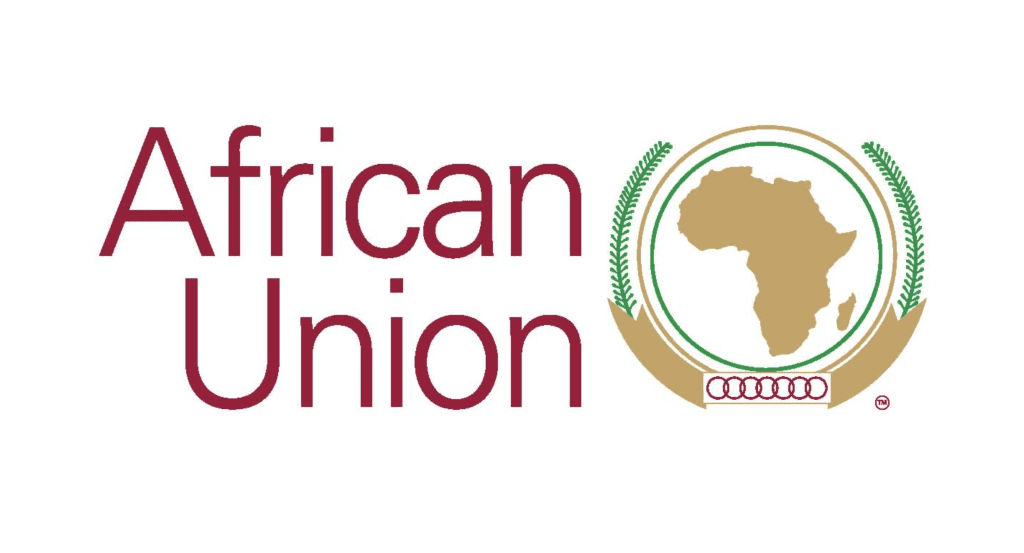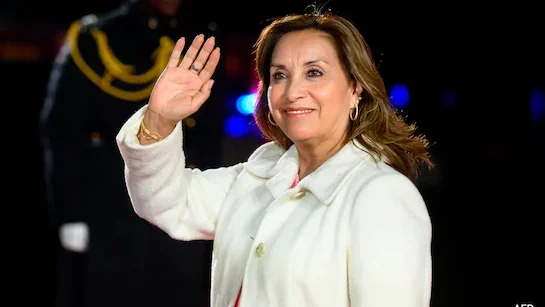The 2025 African Union (AU) elections come at a pivotal time, demanding leadership that can tackle both global and institutional challenges. The selection process for the AU Commission’s senior leadership officially began in May 2024, when the Office of the Legal Counsel issued a call for nominations from member states.
Since then, 35 candidates from across Africa have been screened for various roles under the AU’s Institutional Reform framework. However, the Panel of Eminent Africans, responsible for evaluating the nominees, disqualified 22 candidates who failed to meet the 70% minimum eligibility score required to advance in the process.
The upcoming AU leadership will need to address internal governance issues while strengthening Africa’s role in global affairs.
Election Process and Key Positions
The AU leadership selection follows a structured process:
- Nominations and Screening: Member states submit candidates, and the Executive Council’s Committee on Candidature screens them.
- Campaigning: Candidates engage in diplomatic lobbying across the continent.
- Commissioners’ Election: The Executive Council votes on commissioners, who are later appointed by the AU Assembly.
- Chairperson’s Election: The Assembly elects the AU Commission Chairperson, with an East African candidate expected to assume this role.
The Chairperson position remains the most competitive, with multiple candidates vying for the role.
Voting Rules and Procedures
According to Rule 42 of the AU Assembly’s Rules of Procedure, the election follows a multi-stage process:
- To win, a candidate for Chairperson must secure two-thirds of the vote (36 votes).
- If no candidate meets this threshold after three rounds, the next ballot is restricted to the top two contenders from the third round.
- If a clear winner still does not emerge after three additional rounds, the candidate with fewer votes must withdraw.
- If only two candidates are contesting and neither achieves a two-thirds majority after three rounds, the candidate with the lower vote count withdraws, leading to another round.
- If the remaining candidate still fails to secure 36 votes, the election is suspended.
- When a single candidate is running but cannot secure the required majority, the Deputy Chairperson temporarily assumes office until a new election is scheduled.
- If the Deputy Chairperson’s position is also vacant, the most senior Commissioner steps in as Acting Deputy Chairperson based on tenure or age.
Challenges for the New AU Leadership
The 2025 AU elections take place amid major global shifts, making strong leadership essential. The new administration must address key challenges, including:
- Institutional Reform and Governance: The AU Commission struggles with bureaucratic inefficiencies and inconsistent policy implementation.
- Financial Constraints: The AU faces chronic underfunding, impacting its ability to execute policies effectively.
- Sovereignty Disputes: Some member states selectively apply sovereignty principles, making it harder to enforce AU resolutions.
- Peace and Security Efforts: Africa is grappling with ongoing conflicts in Sudan, Mozambique, the Sahel, and the DRC.
- AU-UN Relations: Strengthening collaboration on peacekeeping and implementing UNSC Resolution 2719 is crucial.
- Africa’s Global Influence: The AU must continue pushing for greater representation in multilateral forums like the G20.
A Defining Moment for the AU’s Future
Beyond securing votes, the next AU leaders must possess diplomatic expertise, strategic vision, and leadership skills to navigate Africa’s evolving role on the global stage. The incoming cohort will assume office at a critical juncture, where their success—or failure—will shape the AU’s institutional credibility, Africa’s global standing, and the continent’s future prosperity.























